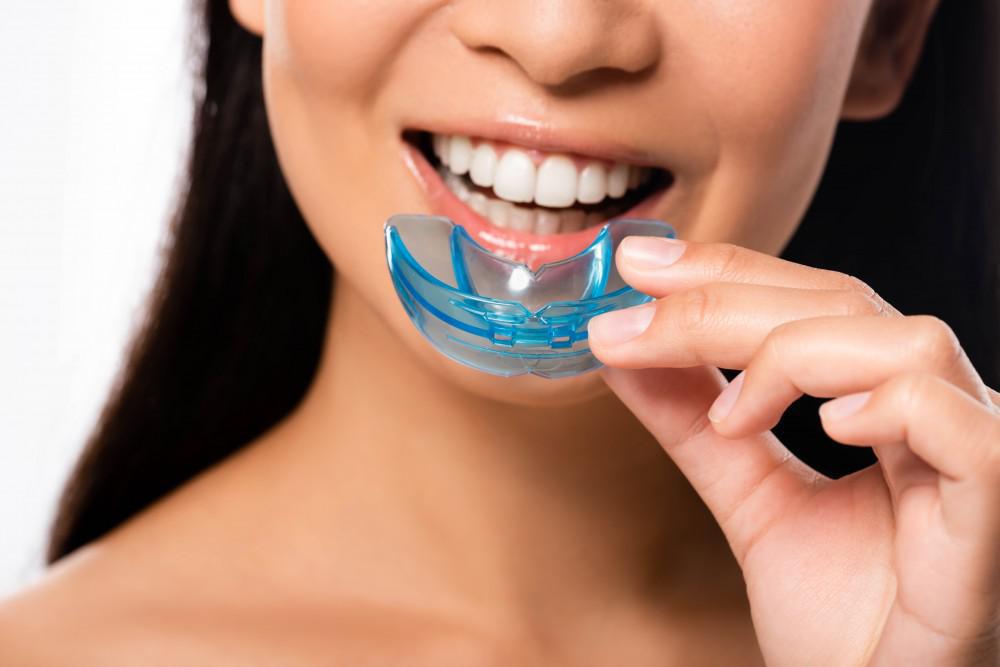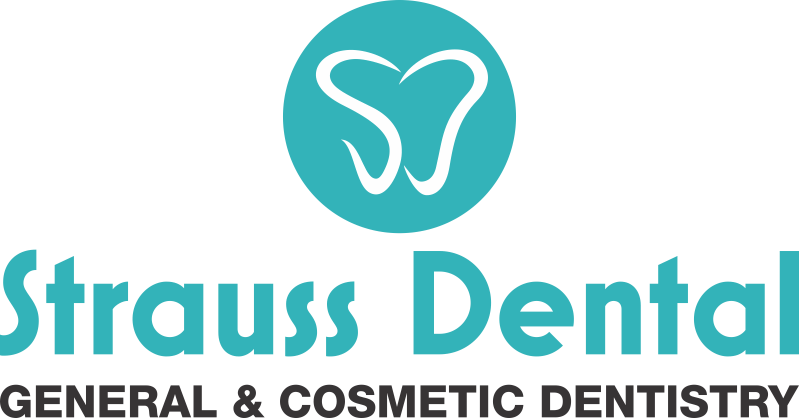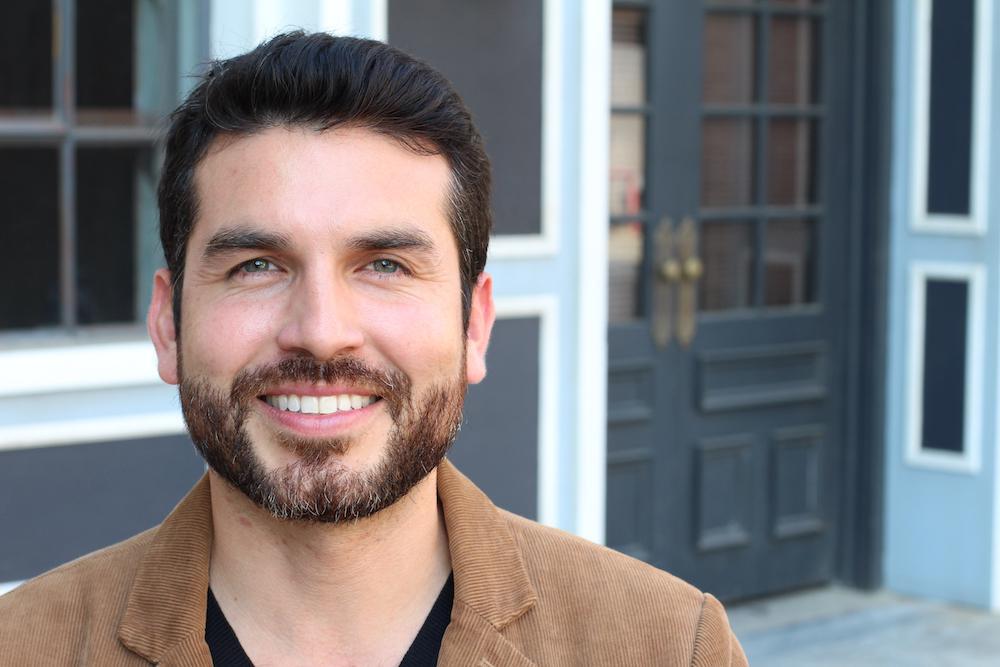4 Signs Your Tooth Needs to be Extracted
Regardless of how you feel about visiting the dentist, one thing most patients agree on: Dentists are dedicated to helping patients enjoy optimal oral health at every age.
That’s why some patients are surprised when their dentist recommends an extraction. While having a tooth pulled may not be the solution you’re looking for, there are definitely times when an extraction is absolutely the best course of action.
At Strauss Dental, Julie Strauss, DMD, helps patients throughout Oregon City, Oregon, keep their teeth and gums healthy by using a custom, patient-centered care approach. Sometimes, that approach means pulling a tooth, and here are four examples of when an extraction may make sense.
1. You have a deep or extensive infection
Did you know gum disease is the most common cause of adult tooth loss in the United States? Gum disease happens when bacteria invade the gums and the spaces around your teeth and tooth roots (the root pocket).
Other infections, including dental abscesses, also affect your gums. And sometimes, an infection happens inside your tooth, spreading down through the tooth root and into your jaw bone.
Many infections can be treated using advanced techniques, like root canal or surgery to remove the diseased and infected tissue. But sometimes, extraction is the best solution for eliminating the source of infection and preventing it from spreading.
2. Your tooth is badly broken or damaged
Many decayed, chipped, or broken teeth can be restored with a root canal, a filling, or a dental crown. But sometimes, the damage to the tooth is so extensive that having an extraction is the best way to preserve your oral health.
A good example: When a tooth is broken below the gum line, rebuilding it is often impossible. Pulling it allows you to replace the tooth with a durable prosthetic, like a dental implant, a bridge, or a denture. That way, you can restore your bite function and continue to enjoy a beautiful smile.
3. Your tooth is impacted
Hear the word “impacted,” and it’s almost certain you’ll think of your wisdom teeth. That’s because wisdom teeth come in after all your other teeth have erupted, which means they’re often left without enough room to erupt through the gums. As a result, these teeth are often impacted — “stuck” or trapped under the neighboring molar.
But although wisdom teeth are routinely impacted, impaction can happen in other areas of your mouth, too. In most cases, having one of the teeth extracted is the best way to avoid pain, infection, and other serious problems.
4. Your teeth are too crowded
We’re “designed” to have 32 teeth, so you’d think the human mouth would also be designed to accommodate them. Sometimes, though, that’s not the case. If your jaws are small, your teeth can have trouble “fitting in.”
That could mean they come in sideways or even erupt out of the side of your gum tissue. Often, crowded teeth need orthodontic correction to fix. But whether or not you need braces or aligners, it’s almost certain you’ll need to have one or more teeth removed to give your teeth the space they need to function and stay healthy.
Crowded teeth affect your bite and can lead to a grinding habit (bruxism), jaw pain, and chronic headaches. Because crowded teeth are harder to care for, your risks of decay and gum disease can also increase. Extraction provides room for teeth, and when performed early, it may help you avoid the need for orthodontic treatment.
Custom care for your unique smile
While tooth pain and swollen gums are common symptoms before extraction, they don’t necessarily mean an extraction is necessary. The only way to know if you ended an extraction is to have your tooth evaluated by our team.
To schedule your evaluation and to learn more about extractions and other treatments that can help maintain your oral health, call 503-656-2139 or book an appointment online with the team at Strauss Dental today.
